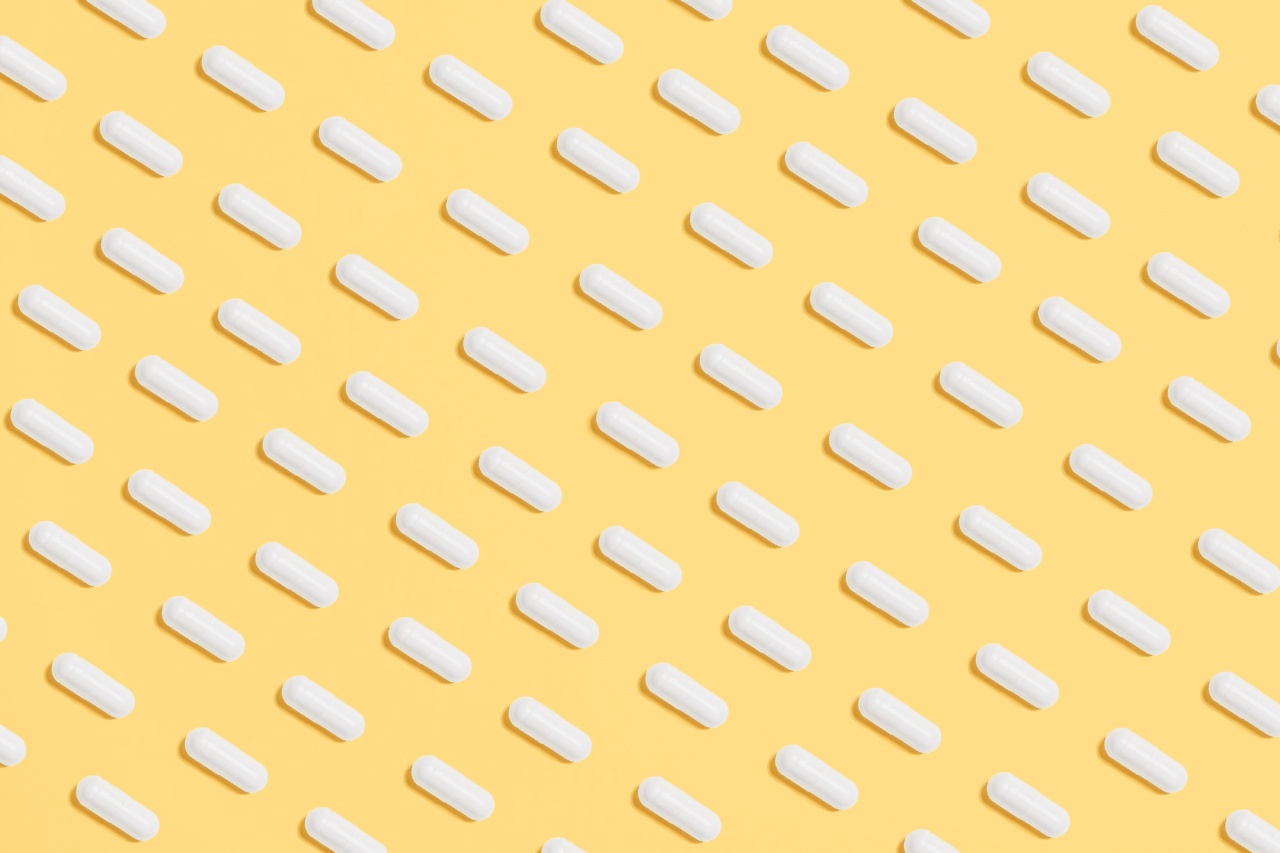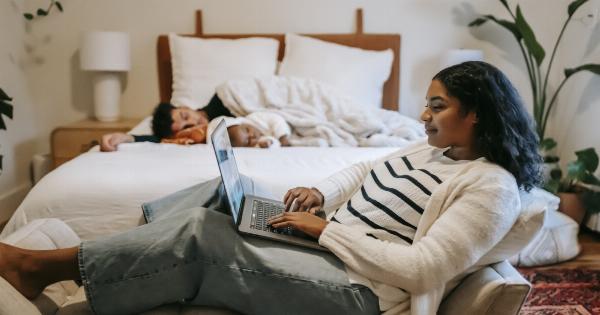Tablets, also known as touchscreen tablets, have become an inevitable part of our daily lives. We use them to work, study, communicate with others, entertain ourselves, and more.
However, as beneficial as tablets are, using them before bedtime can affect your sleep patterns. In this article, we will examine the impact of tablets on sleep and explore ways to minimize any negative effects.
What is a Sleep Pattern?
A sleep pattern or a circadian rhythm is your body’s internal clock that cycles between periods of wakefulness and sleep. Circadian rhythms are regulated by a cluster of cells in the brain called the suprachiasmatic nucleus (SCN).
During the day, the SCN detects light and adjusts body functions such as hormone secretion, body temperature, and alertness. At night, the SCN promotes the release of melatonin, a hormone that makes you feel sleepy and helps you fall asleep.
How do Tablets Affect Your Sleep Pattern?
Tablets emit blue light, which is the same type of light that the sun emits during the day. Blue light suppresses the production of melatonin, which makes it harder to fall asleep and leads to a disrupted sleep pattern.
In addition, using a tablet before bedtime can stimulate your mind, making it difficult to relax and fall asleep.
The Effects of Tablet Use on Children’s Sleep
Children are particularly vulnerable to the effects of tablets on their sleep patterns.
According to a study published in the journal Pediatrics, children who use electronic devices before bedtime have more trouble falling asleep, take longer to fall asleep, get fewer hours of sleep, and experience more daytime sleepiness. The study suggests that children who use electronic devices within an hour of bedtime are more likely to have a shorter sleep duration and experience poor sleep quality.
The Effects of Tablet Use on Adults’ Sleep
While adults may not be as vulnerable to the effects of tablet use on their sleep patterns as children, the impact is still significant.
A study published in the Proceedings of the National Academy of Sciences found that exposure to tablet light before bedtime significantly disrupted adults’ sleep patterns. The study participants took longer to fall asleep, experienced less REM sleep, and were less alert in the morning.
How to Minimize the Negative Effects of Tablet Use on Sleep?
While it may be tempting to use your tablet before bedtime, there are things you can do to minimize its negative effects on your sleep pattern. Here are some tips:.
1. Use a Blue Light Filter
Many tablets come with a built-in blue light filter or a night mode that reduces blue light emissions. You can also download an app that controls the amount of blue light emitted by your tablet.
2. Use the 20-20-20 Rule
The 20-20-20 rule involves looking away from your tablet every 20 minutes and focusing on an object that is 20 feet away for 20 seconds. This can help reduce eye strain and minimize the impact of blue light on your sleep pattern.
3. Avoid Tablet Use Before Bedtime
Avoid using your tablet before bedtime, especially within an hour of your bedtime. Instead, read a book, take a warm bath, or do some relaxation exercises to help you fall asleep.
4. Make Your Bedroom Sleep-Friendly
Ensure that your bedroom is conducive to sleep. Keep it dark, quiet, and cool to promote a restful night’s sleep. Avoid using your tablet in bed to associate your bed with sleep.
5. Establish a Sleep Routine
Establishing a sleep routine can help regulate your circadian rhythm. Go to bed and wake up at the same time every day, even on weekends. This will train your body to fall asleep and wake up at the same time every day.
The Bottom Line
In conclusion, while tablets are beneficial in many ways, using them before bedtime can negatively affect your sleep pattern.
Tablets emit blue light, which suppresses the production of melatonin, making it harder to fall asleep and leading to a disrupted sleep pattern. However, there are things you can do to minimize the negative effects, such as using a blue light filter, avoiding tablet use before bedtime, making your bedroom sleep-friendly, and establishing a sleep routine.
By following these tips, you can enjoy the benefits of tablet use without disrupting your sleep pattern.





























